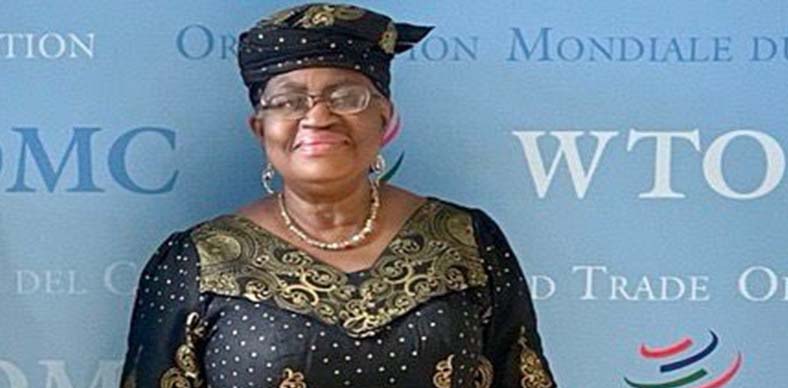
Speaking, the WTO DG, Ngozi Okonjo-Iweala said the COVID-19 vaccine supply chain gave a lot of insight as to how the redistribution of the global supply chain can be structured for more inclusive jobs across the developing world.
According to her global value chains are the backbone of trade. They make up to 45 to 55 percent of world trade. They are forces for inclusion, creation of jobs and also helps to increase incomes.
“Actually, studies have shown that when you have global value chains spreading, per capita incomes go up.
“During the pandemic, when we had to deal with vaccines, we had these meetings with the CEOs of the vaccine manufacturers, Pfizer, Moderna, and so on. And what they said; the mRNA vaccine, the Pfizer one is spread over 19 countries.
She revealed that the supply chain has spread over 19 countries and manufacturing in 86 sites adding that it is incredible the force they could be for creating jobs and employment.
She stated that she sees them as a force for inclusion,” the Cable reported.
Advancing her argument on the role the global supply chain plays in driving employment and inclusion, Okonjo-Iweala, said the world needs to look beyond China and India/Indonesia for the expansion of global value chains.
She declared that at this time when global supply chains are trying to build resilience by not being concentrated in one country or the other, we need to see this as an opportunity to encourage them to spread to more developing countries as a force to bring even SMEs and women into the value chains.
“Let’s not just talk about China plus one when we’re thinking of diversification of supply chains, when they say plus one, it means Indonesia or India. Let’s talk about China plus Morocco, China plus India, China plus Nigeria, China plus Senegal, China plus Bangladesh, China plus Brazil, Costa Rica.
“With this kind of approach global value chains can really be a force for inclusion.”





